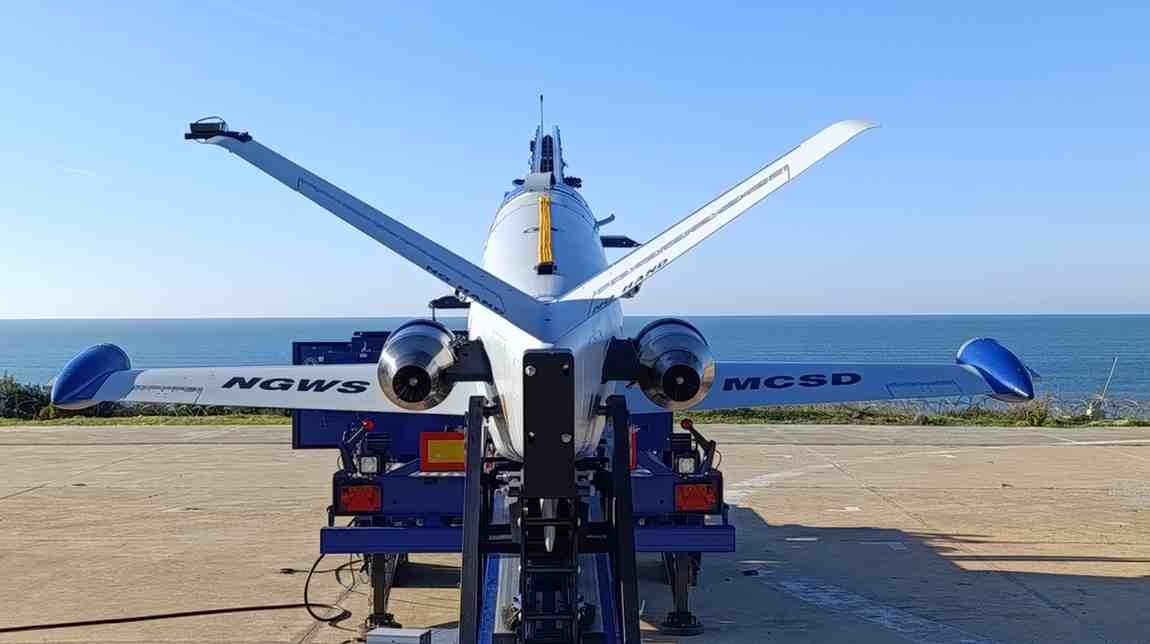The Spanish defense consortium SATNUS has completed the third flight test campaign under the Future Combat Air System (FCAS) program, achieving a breakthrough in Remote Carrier development and manned-unmanned teaming technologies.
The campaign validated the Manned-Unmanned Teaming & Common Systems Demonstrator (MCSD) through a series of autonomous trials, including the first coordinated missions involving multiple MCSD platforms flying simultaneously. These flights demonstrated precise formation-keeping, synchronized mission execution, and advanced autonomous decision-making capabilities essential for Europe’s next-generation air combat environment.
A key highlight was the integration and testing of the Next Generation Autonomy Computer (NGAC), which enables onboard autonomous mission management, navigation, and communication across multiple unmanned assets. The system delivered full end-to-end functional validation across both air and ground segments, marking a significant step toward operational Remote Carriers within FCAS.
Supporting the tests, UAV Navigation–Grupo Oesía provided high-performance flight control technologies that enabled stable, coordinated autonomous flight. The company contributes to Pillar 3 of the Spain-France-Germany NGWS/FCAS framework, which focuses on the maturation of Remote Carrier technology, risk reduction, and integration into future air combat architectures.
SATNUS will continue expanding its autonomous capabilities as Europe accelerates efforts to field a highly networked, multi-platform combat air system for the coming decades.












